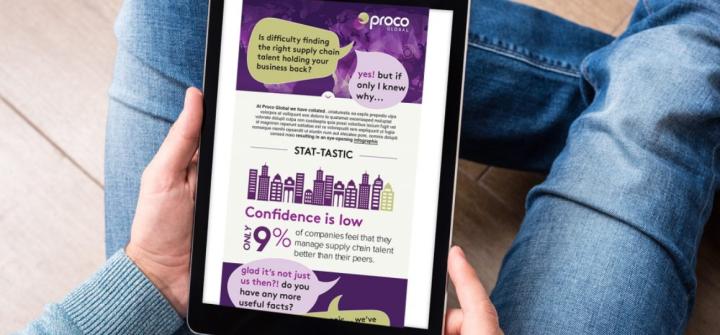Case Study
Projob: Every project starts with psychometric insights
Projob

The Challenge
The Projob team consists of 35 people, each with their own area of expertise. "We offer a wide range of services. But the common thread is that our work is always for people with questions about their organisation", Marieke explains. "Our field is about people who have various challenges, for example, in the area of professional development, work-life balance, lifestyle, job satisfaction, stress and burn-out, and the conflicts and other issues that can occur between people and in teams. Before we start a project, it is important to gather as much insight as possible about a person or a group of people."
It goes without saying that all project trajectories start with a consultation, to find out what exactly the challenge is and what the project goals are. Since a conversation alone does not always reveal all the salient information, Projob needed an objective solution to gain more insight into the person or persons sitting on the other side of the table. That solution was psychometric assessments.

The Solution
Marieke and her colleagues use assessments in three different situations. "If we are looking for new colleagues for Projob, we always use Thomas International's Behaviour assessment in the recruitment process. As soon as we have had the first interview and we see an opportunity to progress the recruitment process, we invite the candidate to fill in an assessment. The results, provide us with a wealth of information about someone's behaviour and motivators in the workplace." The results of the assessment are always carefully fed back to the candidate and provided with additional interpretation. Within Projob, five people, including Marieke, are trained in this assessment, which means that they can interpret the assessment results and provide candidates and colleagues with well-founded feedback.
If Projob wants insight into someone's ability to learn, they use the Aptitude assessment to measure learning agility. This assessment provides insight into someone's mental capabilities and how quickly they will grasp a new role.
Projob also uses the Behaviour assessment when it comes to individual coaching. "The assessment often confirms the impression I already have after talking to someone. In almost all cases, the person recognises themselves in the results, although I always indicate that certain outcomes need to be qualified. I talk to the person who taken the assessment, especially about the things that they may not immediately recognise. Often, we find out during our discussion where these results originated. Sometimes, someone is not yet ready to acknowledge their behavioural profile", Marieke explains.
Marieke and her colleagues’ latest application of the Behaviour assessment is in team training. Prior to a training, each participant fills out a PPA. "If you want to work together as well as possible, it is important to understand each other's preferred styles, for example in the area of communication. If you understand why someone reacts in a certain way, you can often manage this more effectively, especially in a professional context. Thomas' team analysis offers useful insights that allow teams to reflect on the team culture and relationships. This gives colleagues the opportunity to determine their contribution to the team, in relation to the others", Marieke concludes.

The Results
Projob has been using the Behaviour assessment, the Aptitude assessment and the Thomas Team Analysis to its full satisfaction for many years. Marieke explains: "In order to get the fullest possible insight into a person or team as quickly as possible, it is important to have objective information. You can go a long way with your own observations and input from a person, but it is precisely this objective data that provides the insight needed to complete the picture. In addition, the assessments are a very good way to create awareness. Just by discussing the outcome of the assessment, you get people thinking about their behaviour and communication preferences. In addition, assessments create opportunities to deepen conversations. For us, assessments are an indispensable part of the services we offer."









